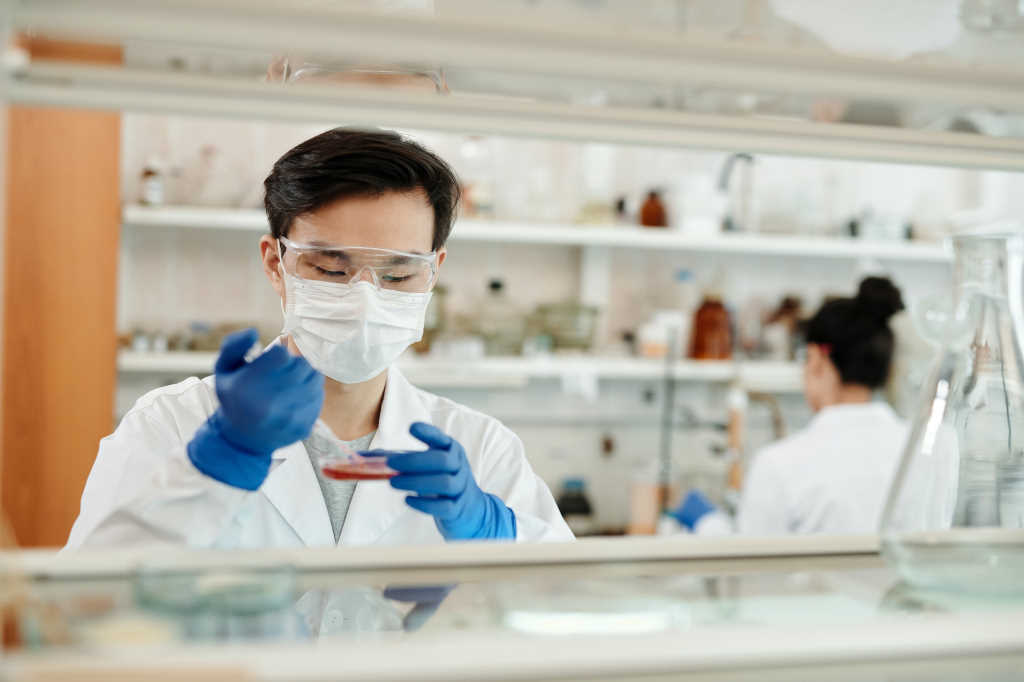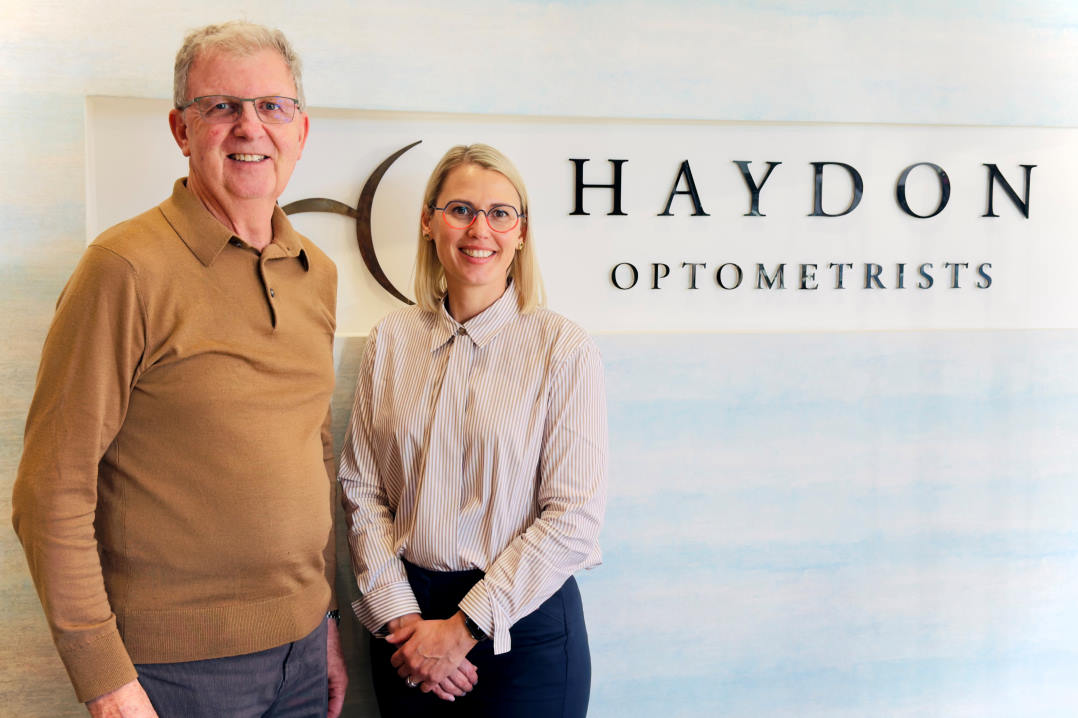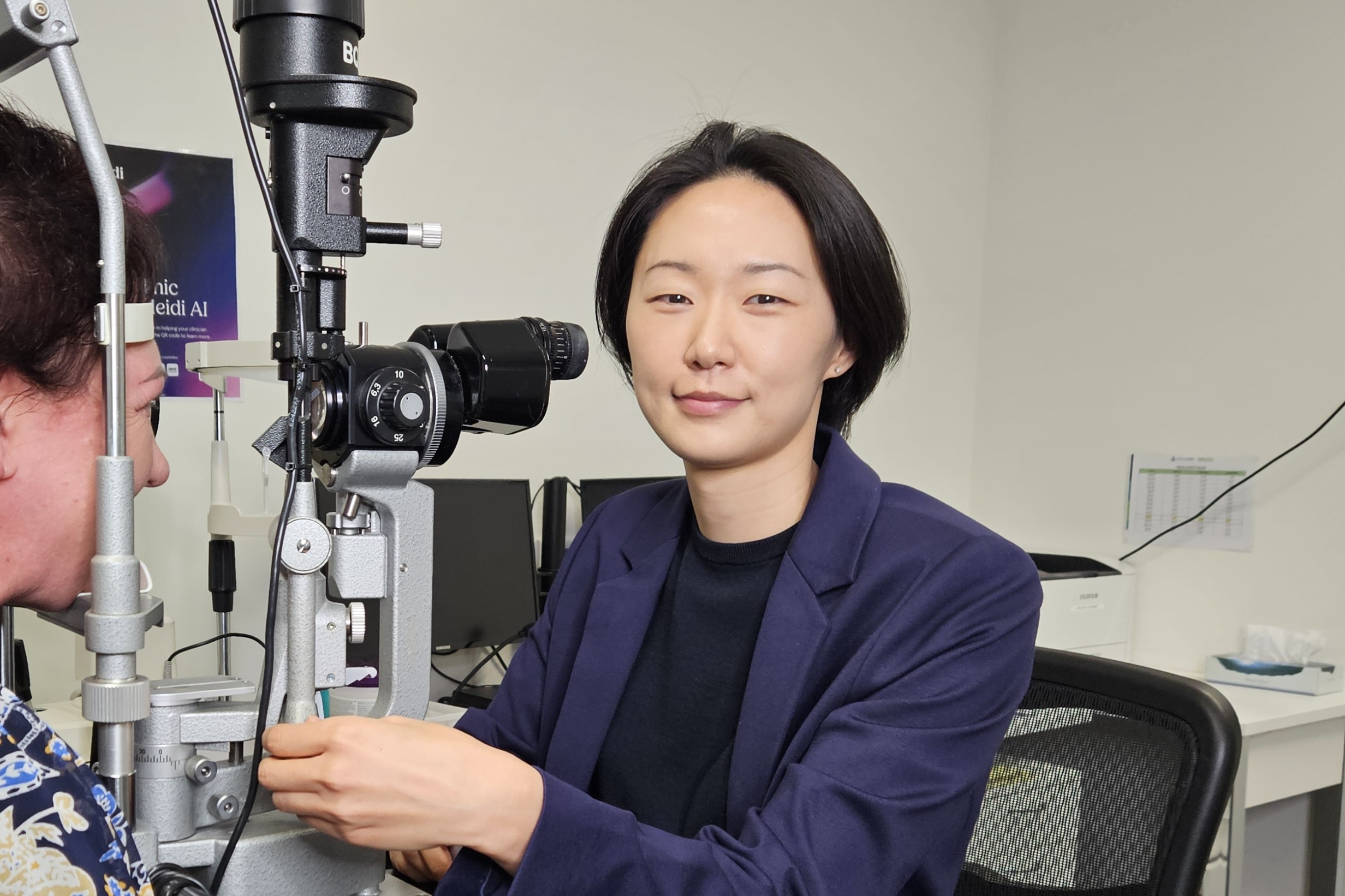Dual assault on bullous keratopathy
Japanese regenerative medicine startup Cellusion announced it has transplanted its pluripotent stem-cell (iPS)-derived corneal endothelial cell substitute, CLS001, into its first human patient.
Led by Professor Shigeto Shimmura of Fujita Health University and Keio University Department of Ophthalmology, the study aims to evaluate the safety and efficacy of CLS001 in patients with regrafted cases of bullous keratopathy. Prof Shimmura reported no adverse events were observed for three months after transplantation, while visual acuity, central corneal thickness and minimal corneal thickness improved.
Cellusion said it expects CLS001 to reduce the current donor cornea supply limitations by combining CLS001’s “excellent” proliferative properties with a simple injection delivery procedure requiring “no human expertise”.
Vyznova cell therapy approved
In other news, US and Japan-based Aurion Biotech received regulatory approval from Japan’s Pharmaceuticals and Medical Devices Agency (PMDA) for Vyznova, its novel cell therapy for the treatment of bullous keratopathy. Aurion’s therapy involves culturing donor cornea cells to produce off-the-shelf, allogeneic, fully differentiated corneal endothelial cells able to regenerate outside the body, in theory allowing a single donor to treat more than 100 recipient eyes.
“PMDA approval is an essential step in bringing this cell therapy to patients in need in Japan,” said Professor Shigeru Kinoshita of Kyoto Prefecture University of Medicine. “Vyznova cell therapy offers the potential to completely transform the treatment paradigm for corneal endothelial disease (via) a minimally invasive, elegant procedure (with a) potentially less onerous recovery for patients.”
To date, 130 patients have been treated with the company’s cell therapy procedure. “Subjects have experienced clinically meaningful and sustained improvements in key measures of corneal health: visual acuity, central corneal thickness and endothelial cell density,” reported the company. It anticipates starting clinical studies in the US later this year, it said.
























